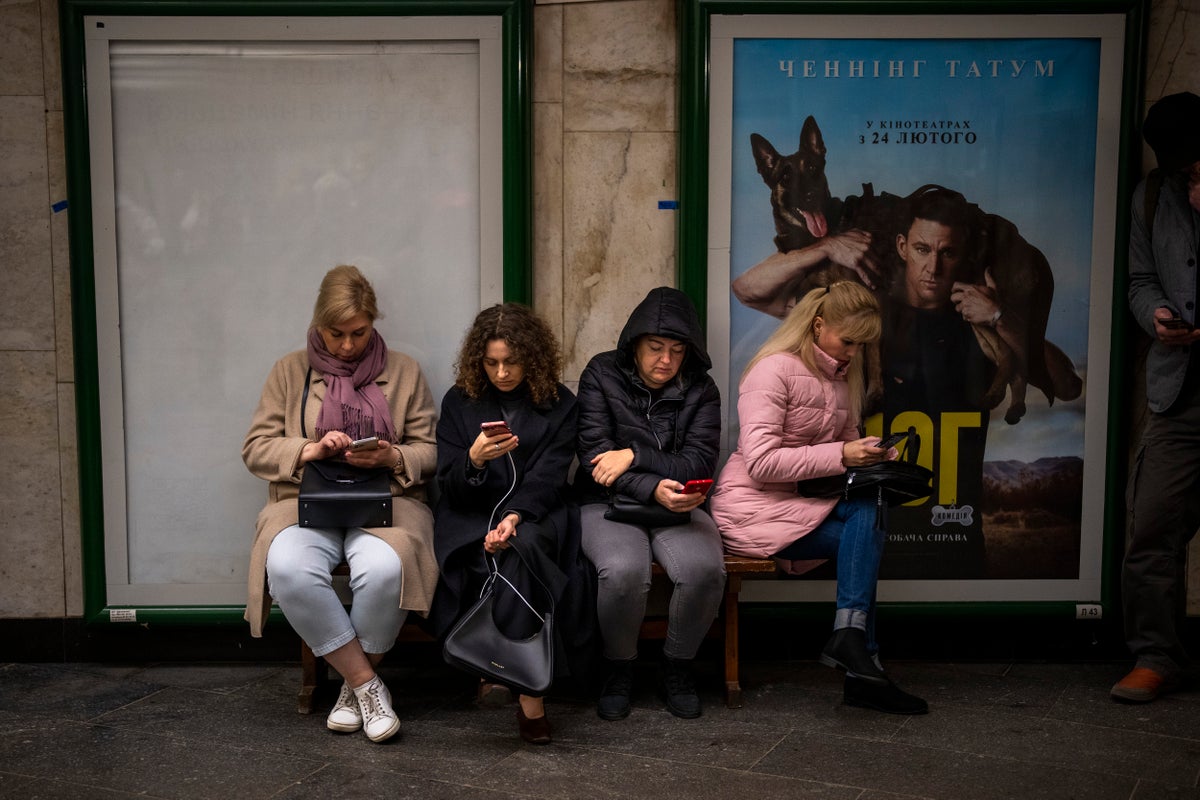
The people of Ukraine and their representatives were awarded the European Union’s top human rights prize Wednesday for their resistance to Russia's invasion and ongoing war.
The EU award, named for Soviet dissident Andrei Sakharov, was created in 1988 to honor individuals or groups who defend human rights and fundamental freedoms. Sakharov, a Nobel Peace Prize laureate, died in 1989.
It’s the second straight year EU lawmakers used the Sakharov Prize to send a message to the Kremlin. Imprisoned Russian opposition leader Alexei Navalny won it last year.
“This award is for those Ukrainians fighting on the ground. For those who have been forced to flee. For those who have lost relatives and friends. For all those who stand up and fight for what they believe in,” European Parliament President Roberta Metsola said. “I know that the brave people of Ukraine will not give up and neither will we.”
When they nominated Ukraine for the prize, MEPs praised Ukrainian President Volodymyr Zelenskyy for his “bravery, endurance and devotion to his people” and highlighted the roles of Ukraine’s state emergency services.
Among others, they also cited Yulia Pajevska, the founder of the medical evacuation unit Angels of Taira, human rights activist Oleksandra Matviychuk, the Yellow Ribbon civil resistance movement and Ivan Fedorov, the mayor of the occupied city of Melitopol.
The defiance of Ukrainians during the nearly 8-month-old war has persisted despite an uptick in attacks in recent weeks. Ukrainian forces have reclaimed broad swaths of the country, dealing a blow to Russia's military prestige, since launching a counteroffensive in late August.
EU lawmakers said Ukrainians were not only defending their homes and the independence of their country, but also the rule of law and European values “against a brutal regime that seeks to undermine our democracy, weaken and divide our Union.”
The 50,000-euro ($58,200) prize is scheduled to be presented during the Dec. 14 session of the European Parliament in Strasbourg, France.
Other finalists this year included imprisoned WikiLeaks founder Julian Assange and Colombia's Truth Commission, which was created under a 2016 peace agreement to end the South American country's civil war.







